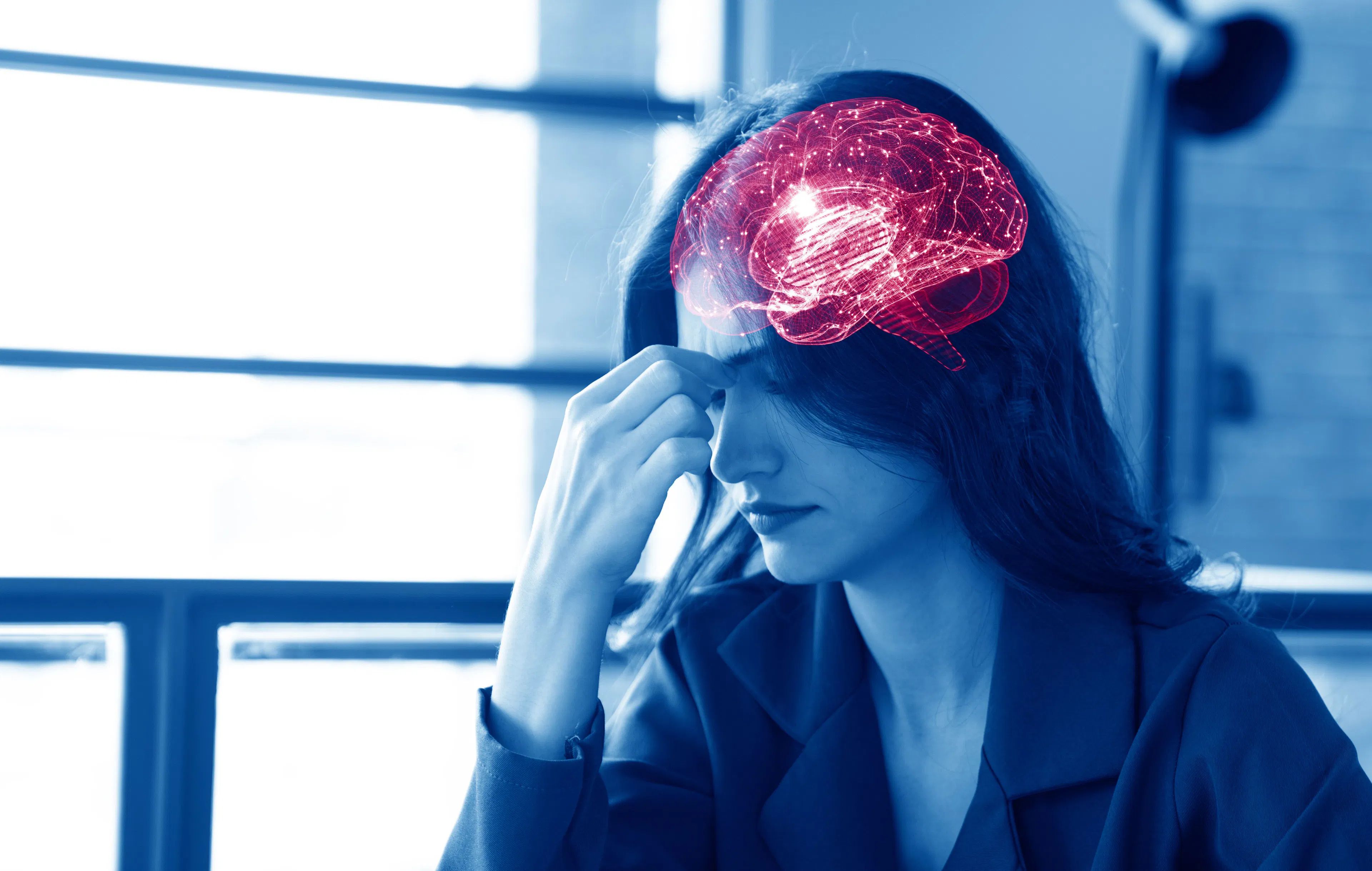News
Article
The Week in Review: April 1-5
Author(s):
From a groundbreaking FDA approval to the hidden toll of COVID-19, here are highlights from the week in Psychiatric Times.
ronstik_AdobeStock

This week, Psychiatric Times® discussed a wide variety of psychiatric issues and industry updates, from a groundbreaking FDA approval to the hidden toll of COVID-19.
Rejoyn Becomes First Prescription Digital Therapeutic Authorized for Treatment of MDD
Summit Art Creations/AdobeStock

The US Food and Drug Administration (FDA) has cleared Rejoyn (CT-152), the first prescription digital therapeutic authorized for the treatment of major depressive disorder (MDD) symptoms as an adjunct to clinician-managed outpatient care for adult patients with MDD aged 22 years and older who are on antidepressant medication.
Rejoyn is a medical device with a novel approach to management of symptoms of depression. Rejoyn offers a 6-week treatment program with clinically proven cognitive emotional training exercises for the brain, along with short therapeutic lessons. It is theorized to target the neural networks affected by depression and potentially use the brain’s inherent neuroplasticity to alter emotional connections, thus leading to a reduction in symptoms over time. Continue Reading
FDA Approves Fanapt for Mixed, Manic Episodes Associated With Bipolar I Disorder
Argus_AdobeStoc

The US Food and Drug Administration (FDA) has approved Fanapt® (iloperidone) tablets for the acute treatment of mixed or manic episodes connected to bipolar I disorder in adults. Fanapt is a second-generation antipsychotic that was FDA-approved for the acute treatment of schizophrenia in 2009.
“Manic or mixed episodes associated with bipolar I disorder are highly complex conditions, which require a host of trusted options to meet individual patient needs, said Mihael H. Polymeropoulos, MD, president, CEO, and chairman of the board at Fanapt developer Vanda Pharmaceuticals Inc, in a press release. Continue Reading
ALTO-203 for Major Depressive Disorder and Anhedonia: Phase 2 Study Initiated
Thongden_studio/AdobeStock

Alto Neuroscience has initiated its phase 2 double-blind, single- and multiple-dose study to determine the potential of ALTO-203 as an antidepressant in patients with major depressive disorder (MDD) and higher levels of anhedonia. The study will also assess the safety, tolerability, and pharmacokinetics of ALTO-203—a novel small molecule histamine H3 receptor inverse agonist, which has demonstrated positive emotional and cognitive effects in healthy participants after 1 dose.
“This is the fifth phase 2 study we have initiated across our pipeline, a milestone that marks significant progress in our efforts to redefine mental health care through our Precision Psychiatry Platform,” said Jessica Powell, chief development officer of Alto Neuroscience. Continue Reading
The Hidden Toll of COVID-19
Parradee/AdobeStock

Thankfully, the acute fear and isolation of the COVID-19 years have dissipated, but for many the long-term emotional consequences and behavioral changes have not. Leaving aside the physical sequela of long COVID-19, the ebbing of purpose, confidence, and vibrancy in my patients’ lives have had such significance that I started to consistently ask the question, “In what way has the COVID pandemic changed your life?” For psychiatrists attuned to the aftereffects of trauma and fear, it is natural that we should be curious about the subtle repercussions of such a traumatic event.
As such, I appreciated H. Steven Moffic, MD’s question, “What has the post COVID years been for you and your patients?” Although grateful that they came through unscathed without long-term physical consequences, many of my older patients are more isolated, avoidant of crowds and large family gatherings. Grocery shopping has gone the way of home delivery despite the exercise and enjoyment they experienced prior to the pandemic. Continue Reading
See more recent coverage from Psychiatric Times here. And be sure to stay up-to-date by subscribing to the Psychiatric Times E-newsletter.
Do you have a comment on any of these or other articles? Have a good idea for an article and want to write? Interested in sharing your perspectives? Write to us at PTeditor@mmhgroup.com.
Newsletter
Receive trusted psychiatric news, expert analysis, and clinical insights — subscribe today to support your practice and your patients.






